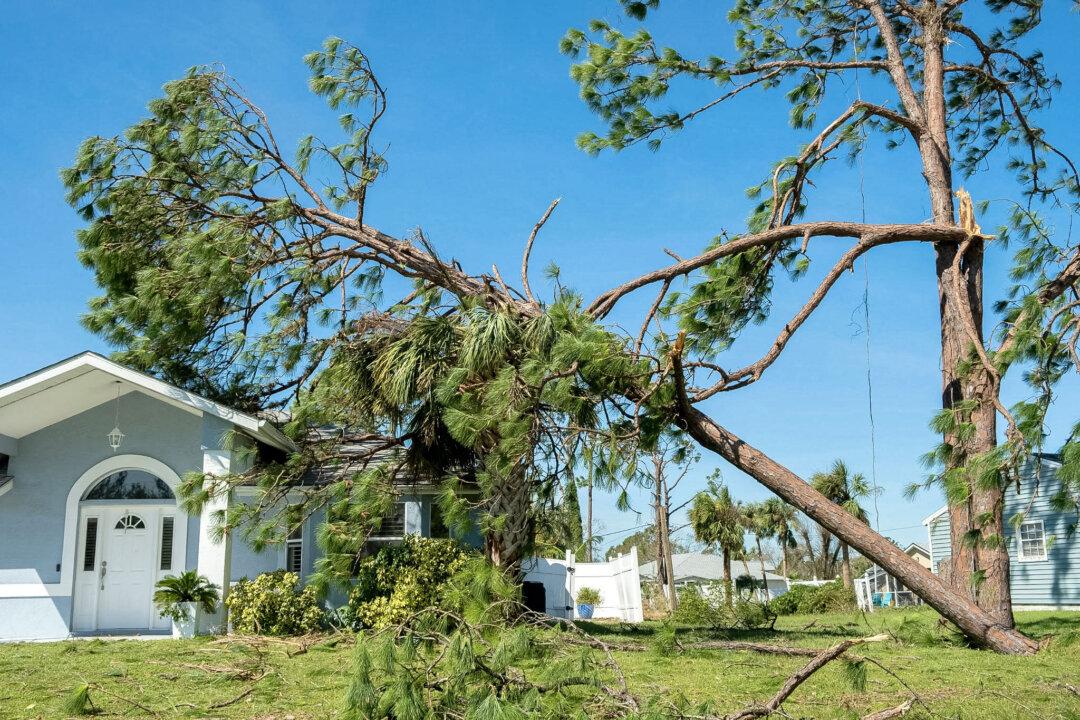If you have large trees around your home, there’s always the fear that one will fall on your house. Falling trees are an underrated danger from hazardous weather. But trees with rot have been known to fall on their own as well.
When dealing with a fallen tree, your first concern is safety. Once the dust has settled, most people put a call into their insurance company to see if they have coverage. Having coverage from a tree damaging your property is not always cut and dry.





